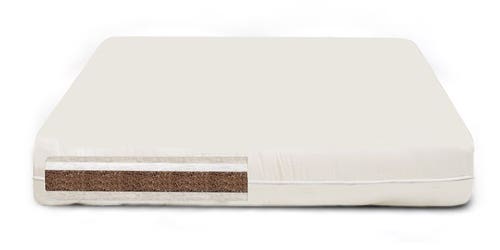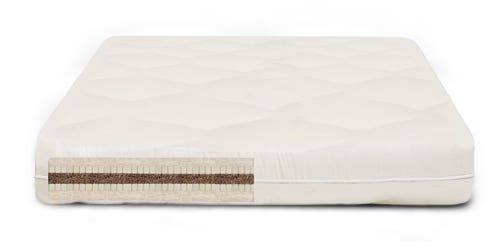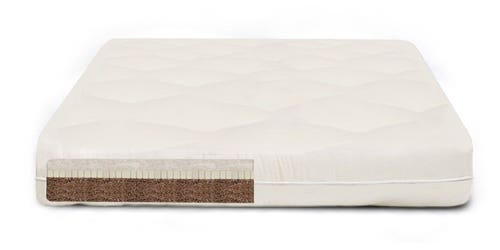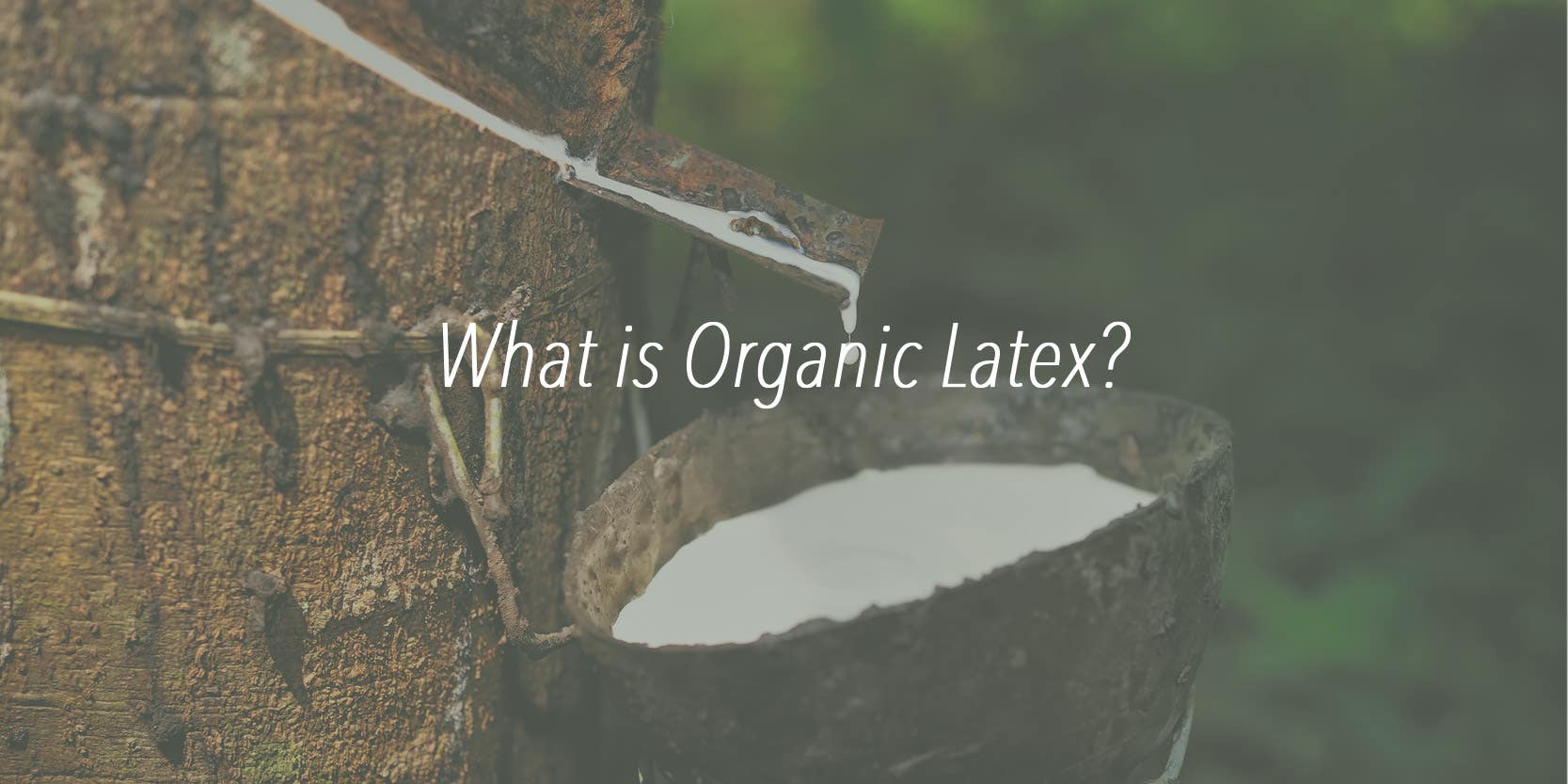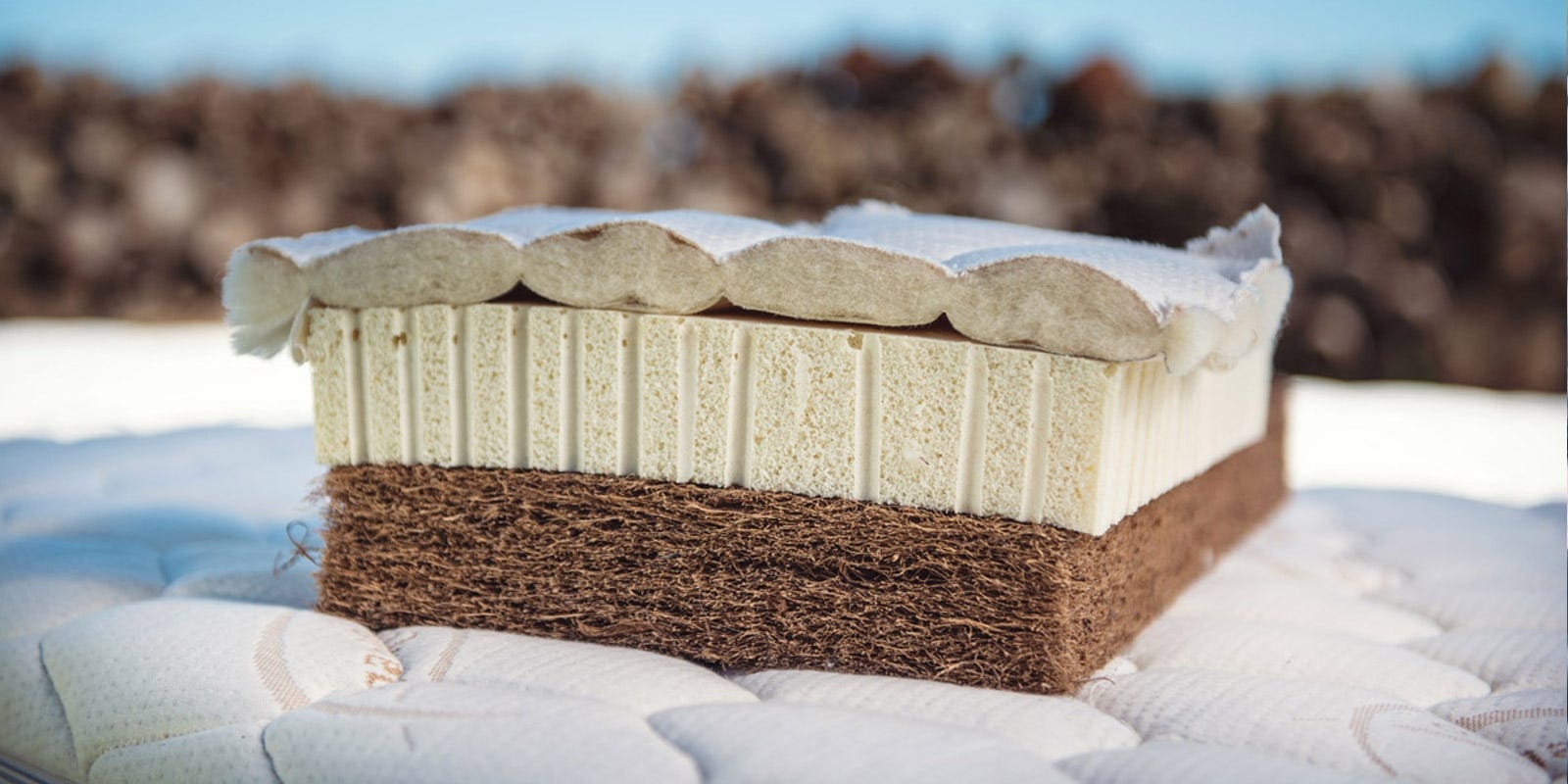
What's The Difference Between Organic Futons and Natural Futons
Whether you are building an organic mattress (futon) or a natural mattress (futon), the basic ingredients are the same. There are basically only a few ingredients considered organic or natural when manufacturing a mattress. These ingredients cannot be processed or manufactured, using chemical treatments of any kind, with few exceptions. Organic Ingredients are Certified by a third party entity USDA, GOTS, GOLS under Oregon Tilth or the Control Union. Certified is the big word here. There are several guidelines set forth by the National Organic Program (NOP) that outline what is required to be considered organic. Some of these guidelines include restrictions on chemicals manufacturers and growers can use and even take into consideration the treatment of employees. Things get a little confusing when the word "Natural" is used. Natural fibers are from the earth, but natural does not mean organic.


What Are The Main Natural Ingredients In Mattresses
The main materials used in most natural and organic mattresses include Cotton, Wool, Latex, Coconut Coir. These ingredients come in both a natural form and a organic form. Customer's have a choice when purchasing these mattresses and futons. High Density Polyurethane Foams, Gels and Memory Foam and Gels are not natural or organic and contain potentially toxic chemicals. Although advances have been made in foam production that reduce the amounts of chemicals used in its production, it still contains petro-chemicals and additives that prevent its categorization as either a natural or organic product. Cotton, Wool, Coconut Coir, Animal Hair, and Latex can be within this categorization of natural or organic according to national organic standards. Specific standards have been created to identify and separate natural and organic products. These definitions have been assigned by the USDA's National Organic Program. The NOP deals with food and agricultural products that are not processed. For products that require post processing, such as cotton or wool fiber, or latex rubber, additional standards have been created to ensure that the integrity of the organic product remains. For Organic Cotton and Organic Wool, the Global Organic Textiles Standard or GOTS has been established and more recently for Organic Latex, the Global Organic Latex Standard or GOLS is used.
How Do You Know If Mattress Ingredients Are Organic?
The USDA, GOTS, and GOLS are the three main certification parties that certify for the end user that the ingredients meet and conform to the organic standards. The USDA deals with raw cotton or fiber. GOTS deals with textiles or finished fibers, and GOLS is specific to Latex. Look for these logos on products or ask a seller if the ingredients in their mattresses is certified organic.
For more information on the benefits of Organic Mattresses, please see the links below.
LEARN MORE

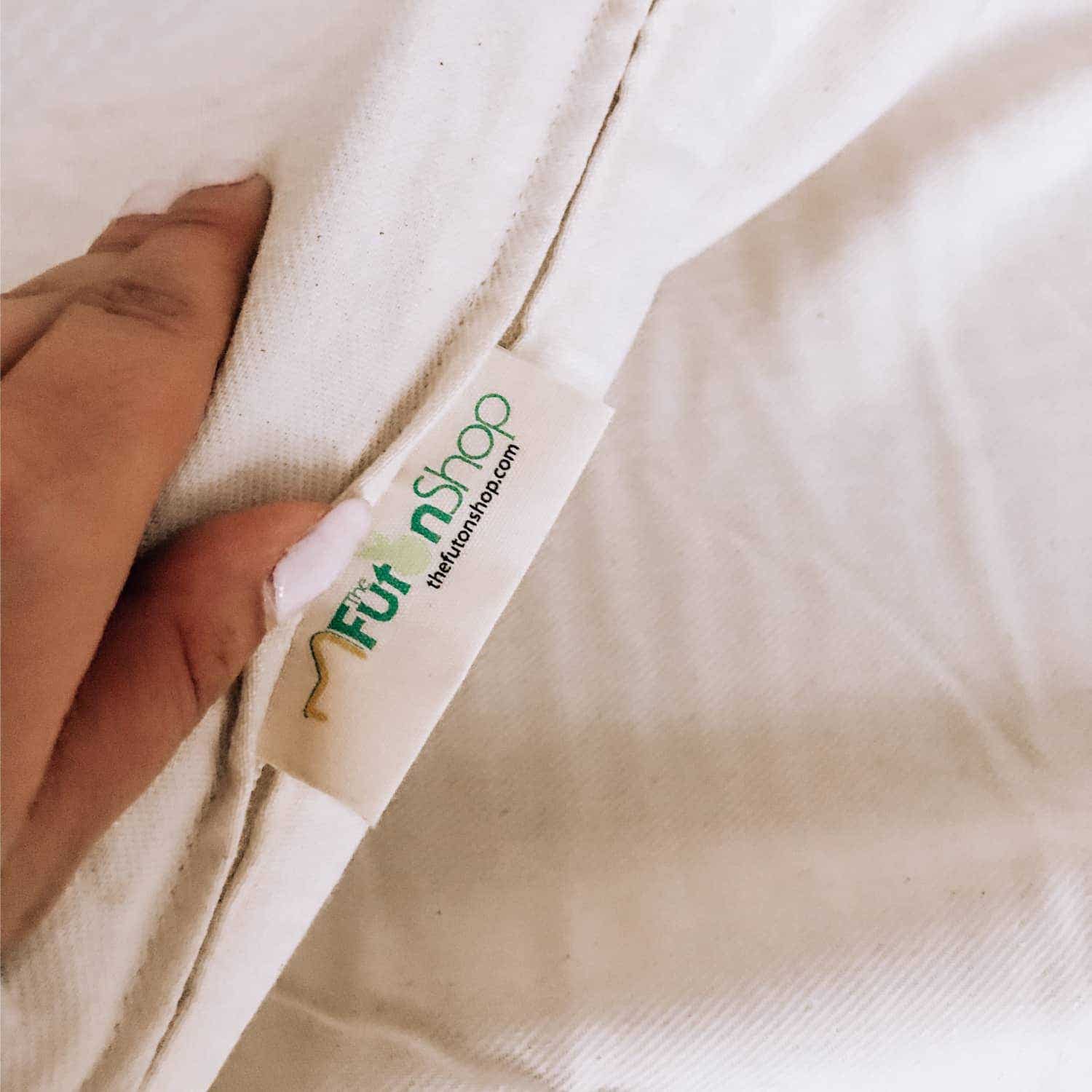
Everything You Need To Know About Futons





